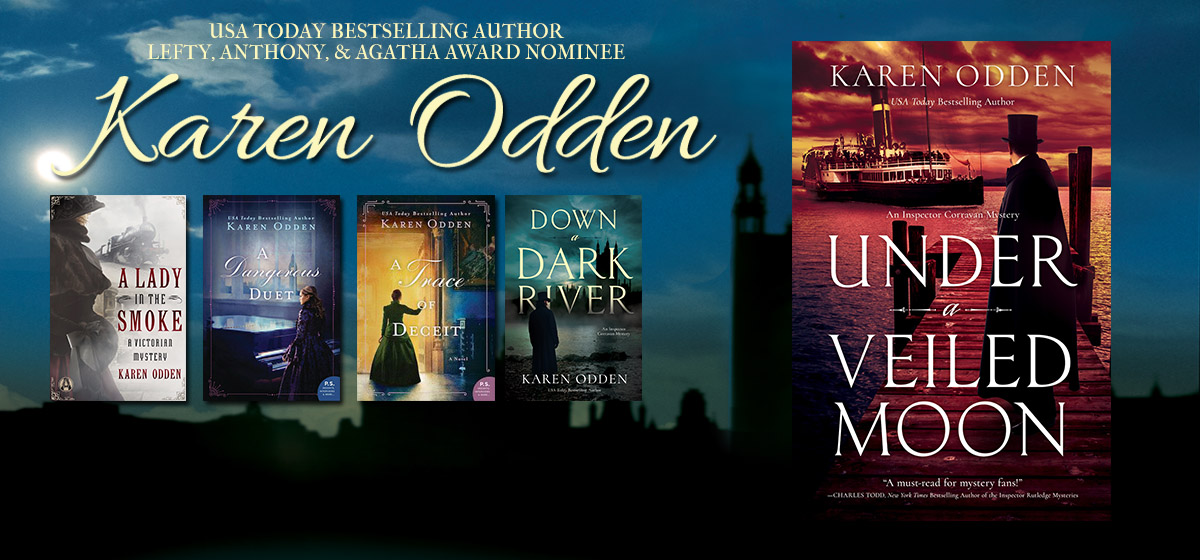As part of this blog, I’d like to share what I’m learning about writing, real time. (I’m still figuring things out–I’ll own it!) My thought is that someone else out there who’s writing fiction might find what I’m discovering useful. Plus, if I write it down here, maybe I’ll be more likely to remember it. My brain turned 50 this past week, poor thing. Needs all the help with memory it can get. So here’s the scoop on a writerly tool I’m honing now …
A few weeks ago, I gave the first twelve pages of my next novel to a writer friend and asked for her feedback. This new book is a murder mystery, set in 1880s London, and it’s my first time writing in a male voice. (He’s a Scotland Yard Inspector.) She had some very helpful feedback, part of which was that the Inspector’s character can be revealed more clearly by showing how he responds to other characters. Now, on a certain level, this makes intuitive sense; after all, we often gather our ideas about the people around us by watching how they interact with others. The man at the next table who loudly berates the waiter for an overdone steak? Well, he might just be having a bad day (his behavior hints at a situation that isn’t immediately obvious) … or he might be an entitled jerk (his behavior reveals his character). But my friend’s comment caused me to think, in yet another way, about how I can use interactions *between* my characters to represent their individual characters, patterns, and inner thoughts. Here is a snippet of a rewritten moment between Inspector Corravan and his sidekick, the younger Inspector Stiles, just after they find they have to go to Wapping (home of the River Police) to view a body.
(First version)
I stood up from my desk, and plucked my coat off the rack.
Stiles pointed. “You might want your umbrella. It’s about to rain.”
I grunted, turned back, and picked up my old black umbrella by its curved handle.
(Second version)
I stood up from my desk, and plucked my coat off the rack.
As we left my office, Stiles stepped back in, took my old black umbrella out of the stand and swung it toward me.
I grunted and grasped the curved handle. That was Stiles, doing his best to keep me from catching my death.
Now, this little bit might be revised yet again, but I feel there is something gained with this change–a better sense of the roles and (unspoken) feelings Stiles and Corravan have with respect to each other. What I am trying to convey is that their relationship has been going on long enough that they have established patterns of behavior and levels of comfort with each other. Although Corravan is Stiles’s mentor, Stiles looks out for Corravan’s well-being; Corravan knows it, but he doesn’t openly express his gratitude. This moment also hints at their characters and their pasts, which will be spun out in subsequent chapters: Corravan is neglectful of himself and his health; born in Whitechapel and having lost his parents, he lived rough for a while. Stiles had a more nurturing childhood, with both parents present.
Does this make sense? I’m still exploring the many different uses of this tool, so I’d love to hear from other writers on this topic, whether in general, or with an example of your own. Really! 🙂
